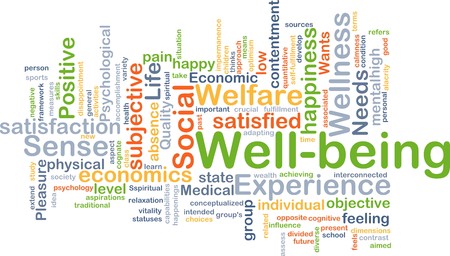In my line of work, I meet many patients from diverse backgrounds. A telling vital sign is that over half of visits are for conditions that are either directly attributable to or worsened by stress. My experience is in line with national statistics: stress-related illnesses may be a component of 60–80% of primary care office visits. The crisis of chronic stress is compounded by the fact that when we are overwhelmed, we make poor lifestyle choices. Consequently, our nation is in a spiral of alarming and unprecedented levels of stress, burnout, and chronic disease.
Success requires grit. And its virtues, passion and perseverance, keep our eye on the prize. Yet, all too often, in our endless sprint towards the finish line, we stumble on sacrificing our health, our relationships, and ironically, the very happiness we are trying to achieve. What we are missing is a path towards sustainable success.
Looking at my profession, burnout — feeling emotionally exhausted, losing meaning in work, and lacking a sense of personal accomplishment — has reached a tipping point: more than half of all US physicians are experiencing professional burnout. Even our nation’s healers need to heal themselves.
It’s not enough for us, as individuals, to do our part to mitigate stress. Nor is it effective for us to view burnout as a personal failure. The organizations and communities in which we work and live need to adopt a culture that supports having meaning and purpose in our choices. They need to promote lifestyle behaviors that improve our mental and physical health.
While chronic stress and illness are the symptoms, what we are really experiencing is a national crisis of wellbeing. The Gallup-Healthways Well-Being Index, which measures five elements — sense of purpose, supportive relationships, financial security, connections to our community, and physical health — found that only 29% of US employees are “thriving” in three or more elements.
We need a paradigm shift. The reality is that many of our common goals, such as earning more income, performing better at work, having rewarding social relationships, health, and longevity are the product of wellbeing, not the other way around. We win by making wellbeing an imperative not just because it makes us feel good and keeps our lives on track but because it is a way — really the only way — of reversing the epidemics of stress, illness, and lack of life satisfaction.
Where do we begin? We can:
· courageously equate intangible aspects of a life well lived with economic indicators of success
· value self-care as much as we value endurance
· recognize our human limitation, and
· make wellbeing a part of the global currency by which we measure our wealth.
Originally published at medium.com


